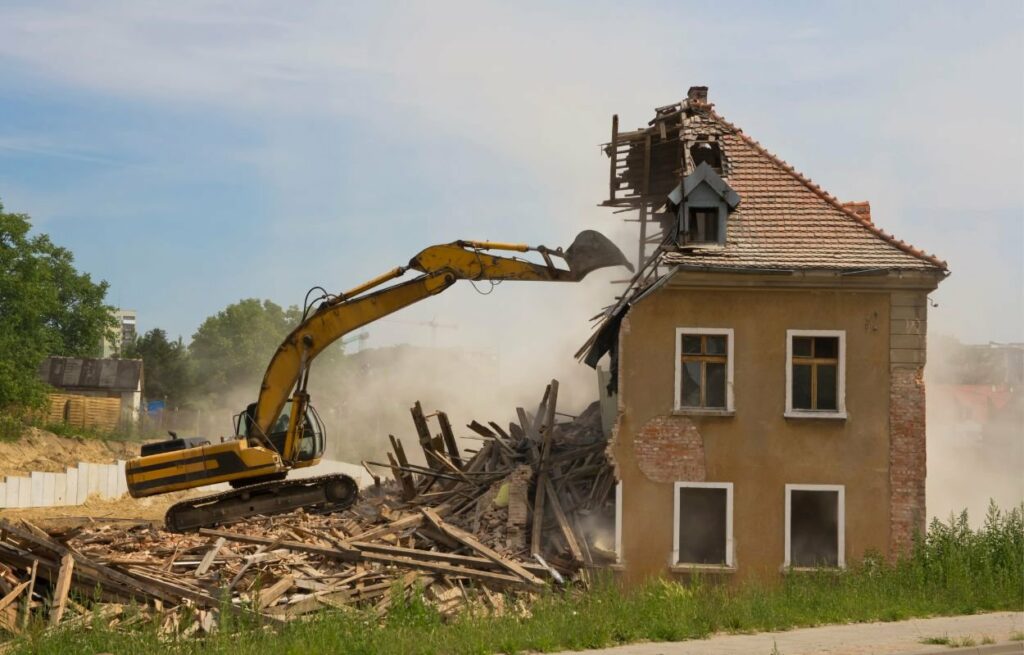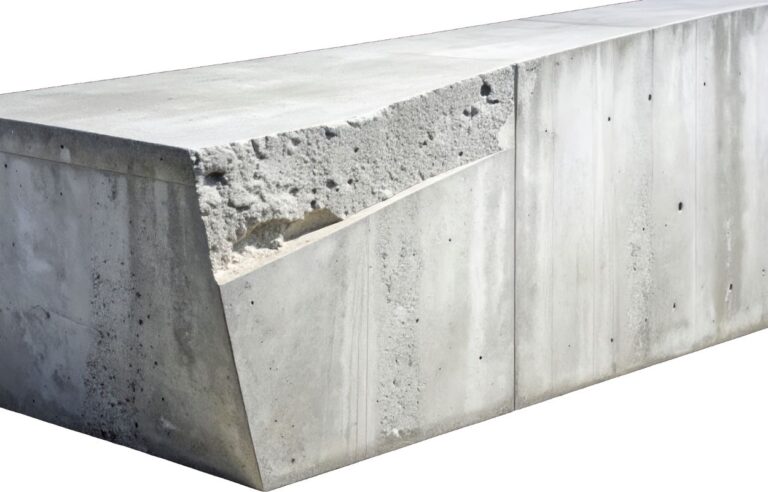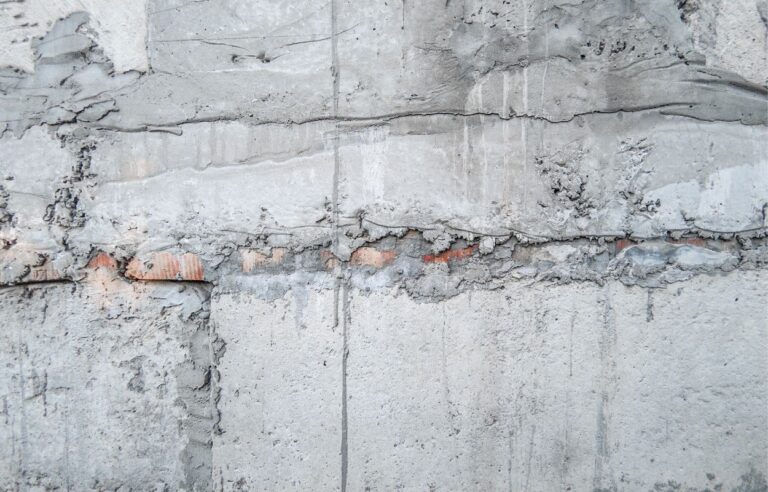
Demolition might sound like simply breaking down buildings, but there’s a lot more to it than that! When it comes to residential and commercial demolition, these two services have very different needs, challenges, and techniques. Whether you’re tearing down an old family home or a large commercial building, understanding the differences is key. Let’s break down what makes each type unique, so you can choose the right demolition services in Victoria for your next project.
WHAT IS RESIDENTIAL DEMOLITION?
Residential demolition focuses on tearing down homes and smaller structures like garages or sheds. This might be because a house is outdated, unsafe, or the land is being repurposed. Residential demolition covers everything from removing a single wall to taking down an entire building.
For most homeowners, residential demolition usually involves partial demolition, like taking down one area of the house. A full demolition might happen if the house is so old or damaged that renovating isn’t possible. Common scenarios where residential demolition is the best choice include old or unsafe homes that need to be replaced, home additions or remodels that require tearing down certain areas, or creating more space on the property. Residential demolition services in Victoria are a great fit for smaller projects that require a personal, careful approach. Since homes are often close to neighbors, residential demolition teams pay special attention to safety, debris control, and minimizing disruption.
WHAT ABOUT COMMERCIAL DEMOLITION?
Commercial demolition deals with tearing down larger, often multi-story structures like office buildings, shopping centers, and warehouses. Because these buildings are generally much bigger and made of stronger materials like concrete and steel, commercial demolition is more complex. Commercial demolition often requires heavier machinery, larger teams, and more planning to ensure everything goes smoothly.
Some common reasons for commercial demolition include clearing land for new developments, upgrading outdated buildings, and repurposing land for different business needs. If you’re planning a commercial demolition, expect a different process and timeline than with a residential one. Commercial demolition projects often involve securing permits, handling hazardous materials, and detailed safety protocols. Choosing skilled demolition services in Victoria can make all the difference when working with commercial buildings, as they know how to handle these larger-scale projects effectively.
KEY DIFFERENCES BETWEEN RESIDENTIAL AND COMMERCIAL DEMOLITION
Now that we’ve looked at each type individually, let’s explore the key factors that set them apart. Understanding these differences can help you find the right demolition services in Victoria for your project.
Size and Scope of the Project
The most obvious difference is the size of the project. Residential demolitions are typically smaller in scale, dealing with single homes or smaller buildings. On the other hand, commercial demolitions usually involve multi-story buildings, extensive square footage, and complex structures. The size also impacts the time needed for each project. Residential demolition can sometimes be completed in just a few days, while commercial projects might take weeks or even months. The larger scope of commercial projects often requires more extensive planning and resources.
Permits and Regulations
Both residential and commercial demolitions need permits, but the requirements vary significantly. Commercial demolitions tend to have stricter rules and need approvals from multiple agencies, especially if the building is in a busy area. Residential demolitions might only require a local permit, while commercial projects often need environmental assessments, safety plans, and inspections to ensure everything meets local regulations. Make sure you hire a demolition service in Victoria that’s familiar with these rules and can guide you through the permit process smoothly.
Equipment and Techniques Used
The tools and techniques used in each type of demolition also differ. Residential demolitions often use smaller equipment, like excavators and skid-steer loaders, because these projects don’t usually involve super-strong materials. Commercial demolitions require heavier machinery, such as wrecking balls, high-reach excavators, and sometimes even explosives. Tearing down large, reinforced structures calls for specialized techniques, which are tailored to keep the project efficient and safe. The goal is to bring down big buildings while controlling debris and avoiding hazards for nearby properties.
Safety Concerns
Safety is essential in both types of demolition, but commercial demolition generally involves stricter protocols. With larger buildings come greater risks—like structural collapse, falling debris, or even hazardous materials. Commercial demolition teams undergo special training to handle these situations and reduce risks. Residential demolition also requires safety measures, especially if the home contains asbestos or lead-based paint. But since these projects are smaller and less complex, the risks tend to be easier to manage. A reliable demolition service in Victoria will know how to handle safety effectively, regardless of project size.
Environmental Considerations
Sustainability is becoming a major consideration in both residential and commercial demolition. In residential demolition, there’s usually an emphasis on salvaging materials like wood, windows, and fixtures, which can often be reused or recycled. This not only reduces waste but can also bring some cost savings. Commercial demolition faces bigger environmental challenges due to the volume of materials and potential hazardous substances. Many commercial projects need specialized waste management plans to deal with materials like steel, concrete, and any hazardous chemicals left in the building. Working with a demolition service that values sustainability can make a big difference in reducing your project’s environmental footprint.
Costs Involved
Cost is always a factor, and this varies greatly between residential and commercial demolition. Residential demolition is generally less expensive due to its smaller scale and lower permit costs. Home demolitions may cost a few thousand dollars, depending on the size of the home and any specific challenges, like asbestos removal. Commercial demolitions, however, can run into the tens or even hundreds of thousands of dollars. Larger structures, complex materials, and strict regulations all contribute to the higher costs. But a well-planned demolition project can offer cost savings in the long run, especially when materials are recycled or repurposed.
CHOOSING THE RIGHT DEMOLITION SERVICES IN VICTORIA
Whether you’re planning to clear land for a new home or prepare a commercial site for redevelopment, finding the right demolition services in Victoria is key. Look for a company that understands the specific needs of your project, from residential safety protocols to commercial equipment requirements. Take the time to ensure the team has experience in the type of demolition you need and can outline their approach to safety and environmental practices. Make sure they’re familiar with local permits and regulations to avoid any red tape, and ask for a clear cost breakdown to prevent any surprises down the line.
Demolition might seem like a straightforward process, but there’s a world of difference between residential and commercial projects. Whether you’re working on a cozy family home or a large office building, choosing the right approach is crucial for a successful project.
With the help of experienced demolition services in Victoria, you can ensure your demolition is done safely, efficiently, and with minimal impact on the environment. So, when it’s time to bring down those walls, know your options and find the right fit for your needs.
